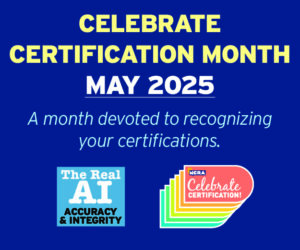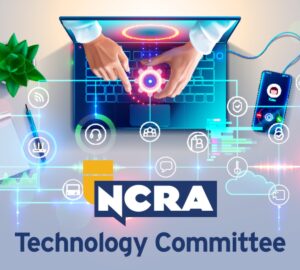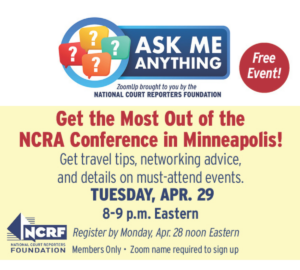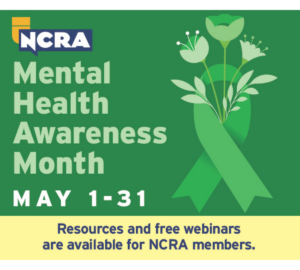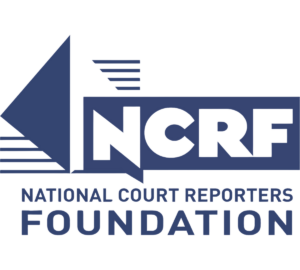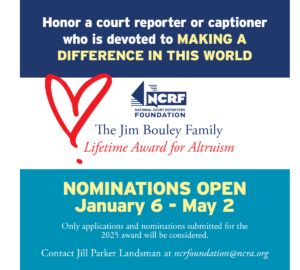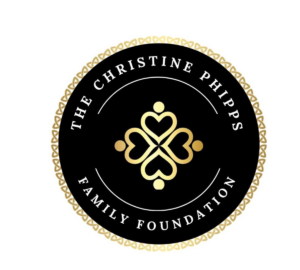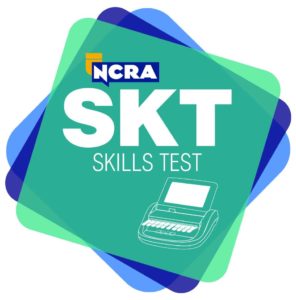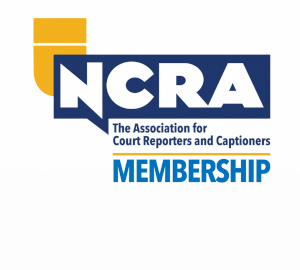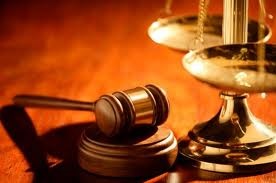
May 1 marks Law Day, a national day celebrating the role of law in our society and cultivating a deeper understanding of the legal profession, according to the American Bar Association (ABA). In 1957, ABA President Charles S. Rhyne imagined an annual celebration of the legal system, and President Dwight D. Eisenhower acknowledged the importance of the role of law in the creation of the United States when he signed a proclamation a year later. In 1961, Congress officially designated May 1 as Law Day. Each year, ABA chapters, attorneys, and judges across the nation host Law Day programs, which “are designed to help people better understand how law protects our liberty and how our legal system strives to achieve justice,” according to Law Day materials from the ABA.
The purpose of the annual Law Day is similar to the everyday mission of the National Equal Justice Library (NEJL) at Georgetown University’s Law Library. Almost 20 years ago, the NEJL was founded jointly by the ABA, the National Legal Aid and Defender Association, the Association of American Law Schools, and the American Association of Law Libraries. The NEJL was the first, and remains the only, archives dedicated to preserving the history of providing pro bono legal services to those unable to afford counsel. The need for such a collection was prompted after the family of Clara Shortridge Foltz — the first female lawyer in the western states and the person credited with instituting the public defender system in the U.S. — disposed of Foltz’s personal papers without realizing the historic importance of her personal effects.
Court reporters play a crucial role in the legal process both as the guardians of the record and, in their spare time, by preserving important collections from the NEJL as part of the National Court Reporters Foundation (NCRF) Oral Histories Program. Most NCRA members are familiar with the Veterans History Project, the most prominent project in NCRF’s Oral Histories Program, but fewer are familiar with NCRF’s partnership with the NEJL.
“NCRF and NCRA’s fantastic professional staff and volunteer reporters have provided the NEJL with immeasurable support to preserve and make accessible the history of legal aid and indigent defense in the United States,” said Katharina Hering, NEJL’s project archivist. “NCRF and NCRA’s superb volunteer reporters have transcribed all 75 interviews from the first series of oral histories and are currently supporting the NEJL with transcribing our latest series of oral history interviews. All of the available transcripts are posted online through our Digital Georgetown repository, and the interviews are frequently featured on NEJL’s blog, Right On.”
Today, the NEJL archives contains 118 interviews with prominent attorneys, judges, and other members of the legal profession about their work in legal services, including Hillary Rodham Clinton, who worked as a lawyer for the Children’s Defense Fund, and Clinton Bamberger, the first director of the Office of Economic Opportunity Legal Services Program. The archives also include a series of interviews with Abe Krash, Bruce Jacob, and Anthony Lewis, key participants and observers of Gideon v. Wainwright, a landmark 1963 ruling that obligated states to provide legal counsel to criminal defendants unable to afford it. In 2013, the NEJL embarked on a new phase of the oral history project, focusing on second-generation leaders of the legal aid movement, such as Dennis Groenenboom, the executive director of Iowa Legal Aid.
“These attorneys have worked tirelessly to create programs such as self-help, low- and no-cost representation, as well as elder law,” said Heidi Darst, RMR, CRR, an official reporter from Rockwall, Texas, who has transcribed multiple interviews from the NEJL collections. “What has been most memorable for me in all of the interviews is the level of dedication these fine lawyers have to providing equal access to legal representation, even if it means taking a job that may not be a guaranteed paycheck starting out or located in good areas to raise their families. Transcribing the NEJL interviews is a great opportunity for busy reporters to give back to the legal community.”
The NEJL still has plenty of collections that need to be transcribed, according to Hering. Transcribing from these collections is a worthy celebration of the legal profession on Law Day and year-round.
“The NEJL is currently seeking transcribers for interviews from our new series of oral history interviews, including eight interviews documenting the history of Community Legal Services in Philadelphia, which were conducted in 2016,” said Hering.
The library also gratefully accepts donations of oral histories documenting the legal services work of attorneys, judges, and court reporters, as its small staff of a single interviewer and single archivist limits the number of interviews it can conduct. The NEJL’s Oral History Recording and Donation Guidelines can be found online.
Working reporters earn 0.25 PDC per completed transcript they submit as part of NCRF’s Oral Histories Program, up to 1.0 PDC per education cycle. If you would like more information about the NEJL, please contact April Weiner, NCRF’s Foundation Manager at aweiner@ncra.org, or Katharina Hering, NEJL’s project archivist at kh781@georgetown.edu.
